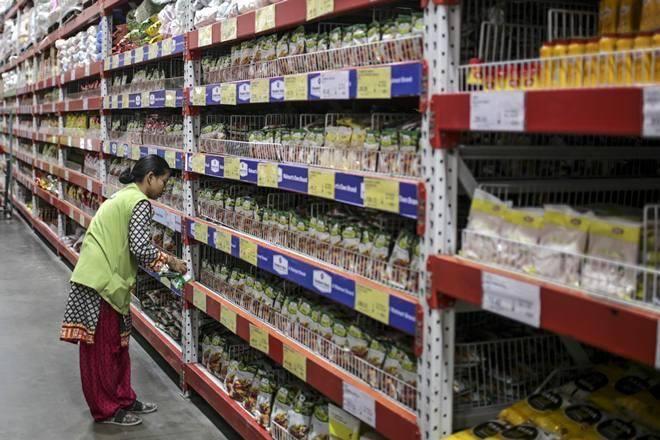As coronavirus lockdown leads to non-availability of many products due to myriad of reasons, consumers have a clear view of what constitutes essentials and certain items such as clothing and beauty products have taken a backseat. “The coronavirus pandemic has resulted in a slight shift in the paradigm of what we consider to be essentials; hygiene products have entered this category, whereas industries like apparel have shifted to discretionary,” market research company Euromonitor said in its latest report on coronavirus impact on FMCG industry. Other sectors such as travel, consumer foodservice, luxury, footwear, consumer electronics, alcoholic drinks and tobacco have also been impacted.
The change in attitude towards essentials is going to have a long term impact on consumer spendings and may result in permanent change in shopping behaviour even after lockdown lifts. This will be especially evident in the urban areas, “with increased usage of home and personal hygiene products and an accelerated shift to digital purchases,” the report said. Sales of hygiene related items such as hand washes, soaps and sanitizers have already seen a spike with sales witnessing about 300% jump in the week ending 22nd March as compared to a year ago in the same comparable period, according to data by Nielsen. Sales and demand for health supplements such as Chayawanprash etc from established FMCG players such as Dabur, Himalaya and Patanjali has also spiked.
On the other hand, demand for other items such as cosmetics, fragrances, deodorants and skincare are expected to witness a fall in demand in the short term as customers shift priority to essentials. Meanwhile, companies have deferred the launches of discretionary items as uncertainty remains over lockdown.

